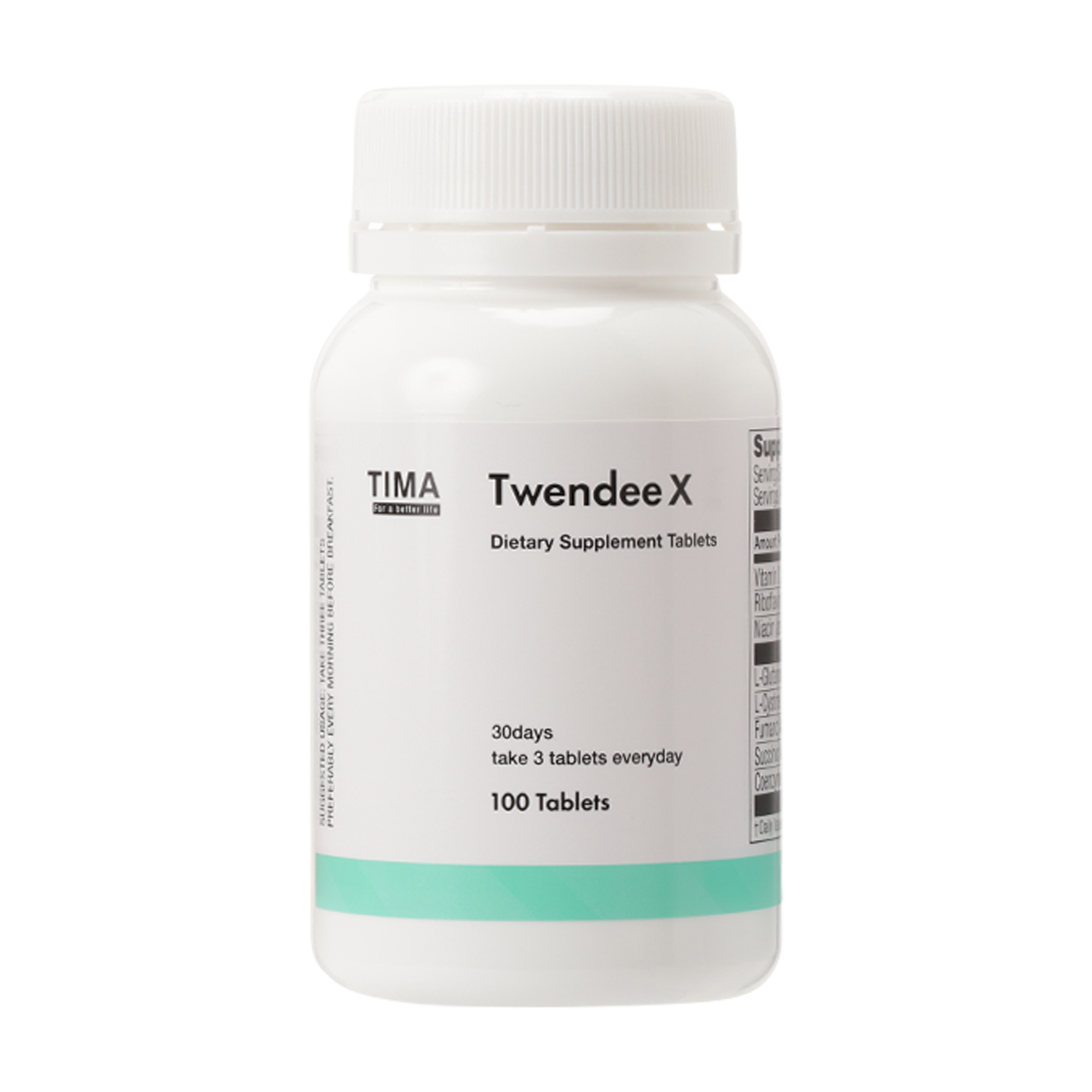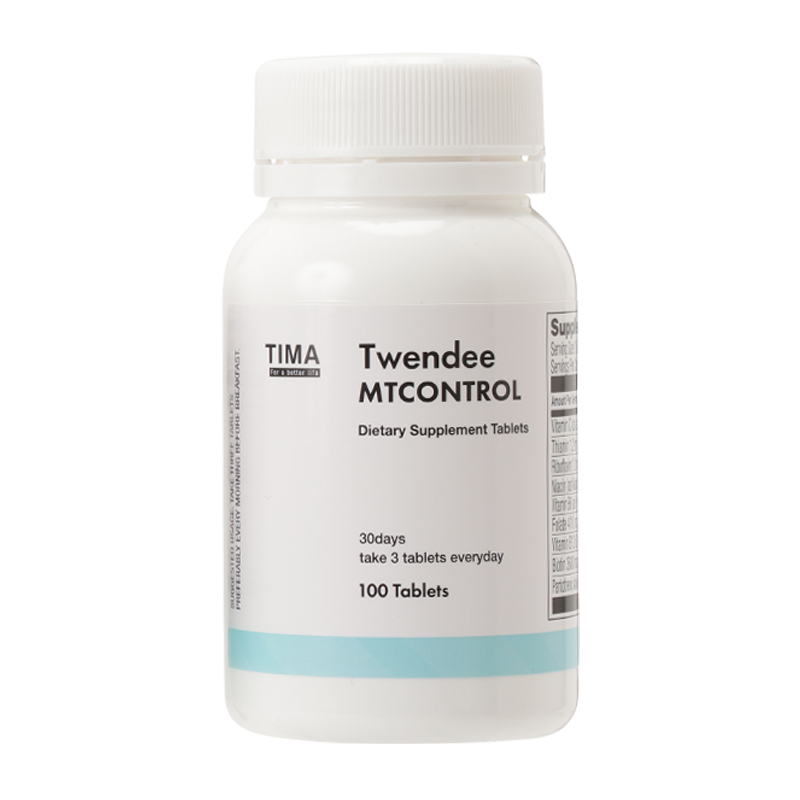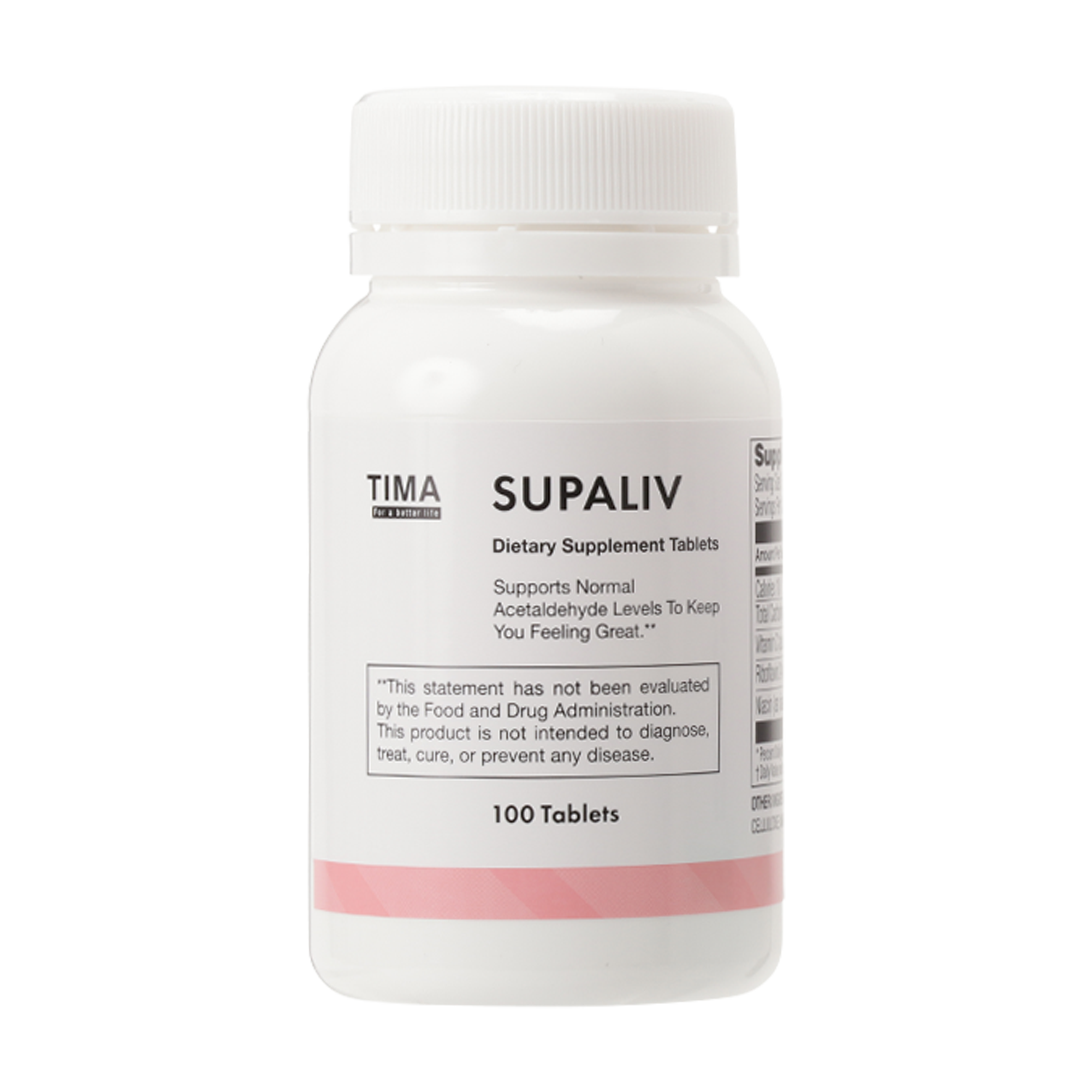Thesis on Oxidative Stress and "heart failure"
- Paper title
- Role of oxidative stress in cardiovascular diseases
- Abstract summary
- Increased formation of ROS has been observed in a wide variety of experimental and clinical conditions.
- Authors
- N. Dhalla, R. Temsah, T. Netticadan
- Journal
- Journal of Hypertension
- Semantic Scholar URL
- https://semanticscholar.org/paper/413d948d7be294c3019a92ecc1a0b0d3ebafbfbe
- Abstract
-
Objectives In view of the critical role of intracellular Ca2+-overload in the genesis of myocyte dysfunction and the ability of reactive oxygen species (ROS) to induce the intracellular Ca2+-overload, this article is concerned with analysis of the existing literature with respect to the role of oxidative stress in different types of cardiovascular diseases. Observations Oxidative stress in cardiac and vascular myocytes describes the injury caused to cells resulting from increased formation of ROS and/or decreased antioxidant reserve. The increase in the generation of ROS seems to be due to impaired mitochondrial reduction of molecular oxygen, secretion of ROS by white blood cells, endothelial dysfunction, auto-oxidation of catecholamines, as well as exposure to radiation or air pollution. On the other hand, depression in the antioxidant reserve, which serves as a defense mechanism in cardiac and vascular myocytes, appears to be due to the exhaustion and/or changes in gene expression. The deleterious effects of ROS are mainly due to abilities of ROS to produce changes in subcellular organelles, and induce intracellular Ca2+-overload. Although the cause–effect relationship of oxidative stress with any of the cardiovascular diseases still remains to be established, increased formation of ROS indicating the presence of oxidative stress has been observed in a wide variety of experimental and clinical conditions. Furthermore, antioxidant therapy has been shown to exert beneficial effects in hypertension, atherosclerosis, ischemic heart disease, cardiomyopathies and congestive heart failure. Conclusions The existing evidence support the view that oxidative stress may play a crucial role in cardiac and vascular abnormalities in different types of cardiovascular diseases and that the antioxidant therapy may prove beneficial in combating these problems.








